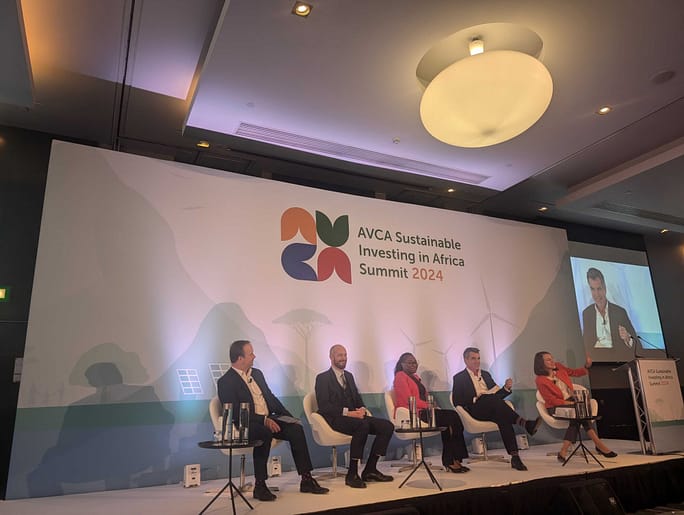Investing to generate carbon credits is yet to scale in Africa, in part due to a lack of appetite among developed market buyers, according to panellists at AVCA’s Sustainable Investing in Africa Summit.
“They are a massive opportunity”, said Josep Oriol-Bosch, managing partner of Okavango Capital Partners. “They are very good way to generate flows of capital from those polluting countries to the global south.”
Carbon credits are increasingly playing a role in natural capital investment strategies. More than 50 firms have strategies seeking to deliver carbon sequestration through natural means, according to research from consultant Bfinance. Just Climate and Ardian brought their funds to market late last year, but the list of GPs with dedicated natural capital funds includes Axa IM Alts, Stafford Capital, Bregal Investments, Mirova, Lombard Odier Investment Managers and Gresham House.
Okavango Capital Partners is an investment firm focused on reducing climate risks and biodiversity loss in Africa. The firm’s investments have so far resulted in 8 million tonnes of CO2 emissions avoided and the protection of more than 500 million trees, according to its website.
Oriol-Bosch acknowledged that the carbon markets are “tiny today” but insisted the “opportunity to grow is huge”.
“The whole voluntary carbon market, which is most of the credits we have in our region, is about $2 billion a year and it covers less than 2 percent of the 39 billion tonnes of the carbon emissions of the planet,” he said.
“We’re not taking it very seriously and conversely the market opportunity is very big.”
Ambition needed
Fellow panellist Paul Frankish, head of strategic initiatives at African Infrastructure Investment Managers, agreed that more needed to be done. His firm, a fund manager owned by Old Mutual Alternative Investments, closed its fourth fund on $748 million with an additional $206 million in co-investment capital earlier this year.
Frankish said: “I’ve been in the industry for 15 years. We’ve been looking at carbon credits for that time and the market is still very small. We’re not yet seeing the ambition in terms of putting a price on the carbon in the developed markets that really, when push comes to shove, is what’s going to drive this.”
Frankish did, however, note that the EU Carbon Border Adjustment Mechanism – a tariff on carbon intensive products imported into the region – was having an effect on African exporters. He said: “I think certain countries, for example Morocco, a big driver in terms of decarbonising their grid is really around ensuring that they’re still attractive in terms of EU exports. We’re seeing it in South Africa in certain industries in terms of how do you decarbonise, for example, the mining sector.
“Once there’s actual cost of carbon associated, then the markets will start moving and I think this is the first part we’ve seen of it,” he added.
Rachel Moré-Oshodi, CEO of ARM-Harith Infrastructure Investment, seemed to take a cautious view. ARM-Harith is a joint venture between Nigerian financial services company Asset & Resource Management, and Harith General Partners, a South African infrastructure fund manager.
“We do try,” Moré-Oshodi said when asked if carbon credits played a role in the firm’s approach to investing. “It’s sort of the icing on the cake.”

